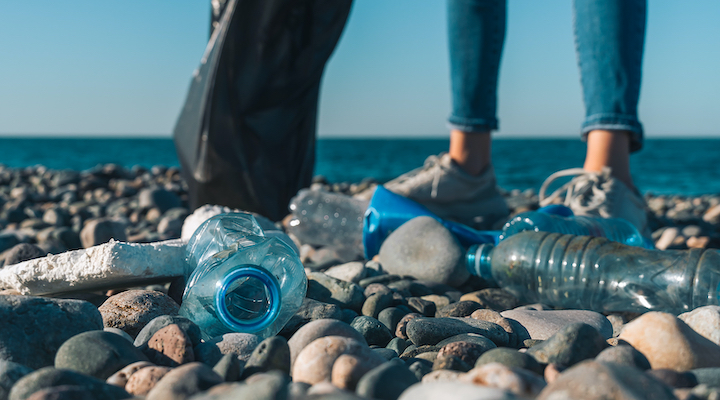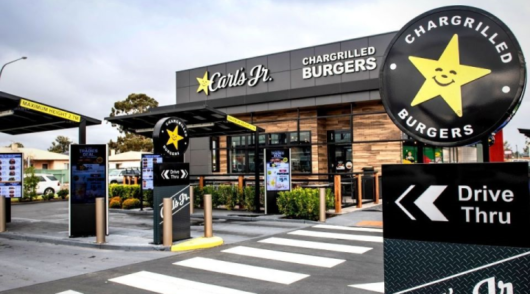Society is facing some significant social challenges.
Each day we face alarming headlines like the global Covid-19 pandemic, climate change threatening the very future of humanity, and the looming peril of another world war.
In responding to these challenges, brands are starting to wake up to the fact that it is no longer sufficient to talk about financial performance alone or offer a product without greater substance. New players such as Canva are shaking up old business models by recognising companies have a social and moral responsibility to contribute towards solving the urgent challenges we face as a society. In retail, brands such as Patagonia and Who Gives a Crap have pledged a proportion of revenue to environmental initiatives.
Social impact is good business
Some – but not all – companies are starting to recognise that social impact is good for business. In another study around half of consumers are paying close attention to a brand’s social responsibility and two thirds want to know what the brands they support are doing to address social and financial issues.
Employees also believe it’s no longer acceptable for companies just to make money, they expect employers to positively impact society as well, providing a direct link to the impact their own role has on society. Research shows that nine in 10 employees want companies to lead with purpose. As a result, there’s an increasing need for companies to demonstrate meaningful, positive contributions to society through impact, whether that be environmental, economic, or cultural.
What is social impact?
Social impact can be defined as the net effect of an activity on a community and the well-being of individuals and families. The big global challenges have demonstrated that many aspects of our society are interconnected and interdependent.
In particular, the pandemic demonstrated the strong connection between a robust economy and a healthy society. Climate change has recently unleashed several severe weather events on our community, which have led to widespread detrimental impacts on the economy and health. The war in Ukraine and the subsequent withdrawal of many leading brands and services from Russia have highlighted that companies need to make moral judgements and be agile to rapid changes in the macro-environment.
How can brands demonstrate social impact?
In the same way weather events create social impact by connecting changes in our environment to our economy and health, brands can create positive social impact by influencing the same factors.
There is a litany of examples online showing how brands purport to create social impact through creating flexible work environments, promoting sustainable travel, implementing ethical business practices and reducing environmental damage. Such connections can be established through impact assessments, which use a framework to connect changes to economic, environmental and social impact. Once the connections are established, companies can use the established network to audit, share or track their social impact.
Moving from ROI to SROI
Traditionally, business decisions were made based on ROI metrics which considered little beyond financial implications. Social Return On Investment (SROI), which adopts a social perspective, has progressively emerged as a preferred technique for measuring impact and outcomes. The analysis is built from the ‘ground-up’ using direct feedback from a range of stakeholders. As a consequence, SROI offers organisations a comprehensive approach to understanding and communicating impact returns, both internally and externally.
The time is now
If the last few years have taught us anything – it’s that the global challenges facing humanity are only going to increase.
As a consequence, customers are looking to make a difference now and employees are looking for organisations that consistently deliver social impact. Brands are faced with a clear choice, either adopt a social impact mindset or face social isolation.
If you are ready to start a conversation about social impact, contact HTAnalysts (enquiries@htanalysts.com.au).







